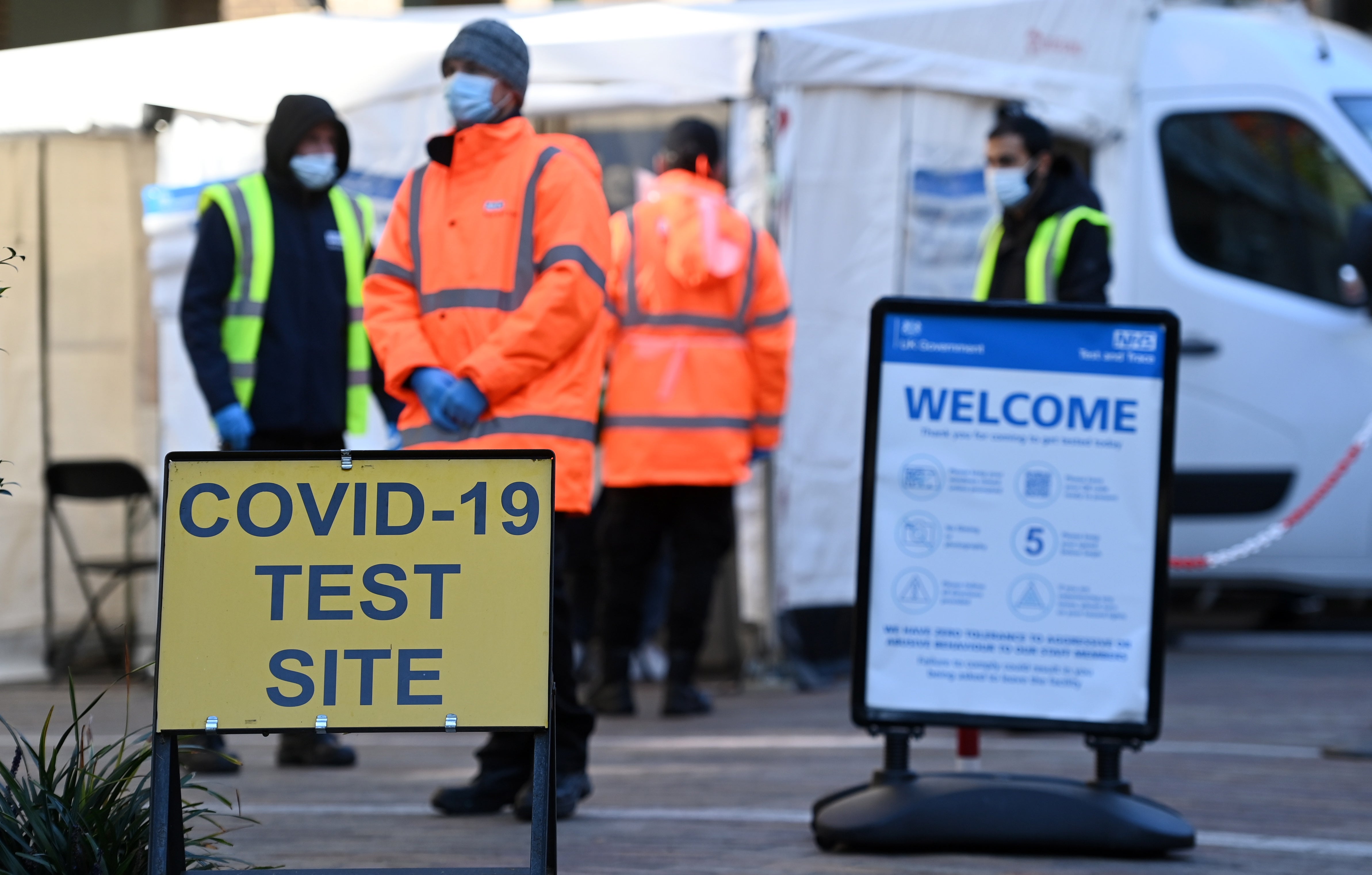More infectious Delta variant accounts for one in 10 Covid cases
Tests on more than 100,000 people in England showed that 11.8 per cent carried the variant

Your support helps us to tell the story
From reproductive rights to climate change to Big Tech, The Independent is on the ground when the story is developing. Whether it's investigating the financials of Elon Musk's pro-Trump PAC or producing our latest documentary, 'The A Word', which shines a light on the American women fighting for reproductive rights, we know how important it is to parse out the facts from the messaging.
At such a critical moment in US history, we need reporters on the ground. Your donation allows us to keep sending journalists to speak to both sides of the story.
The Independent is trusted by Americans across the entire political spectrum. And unlike many other quality news outlets, we choose not to lock Americans out of our reporting and analysis with paywalls. We believe quality journalism should be available to everyone, paid for by those who can afford it.
Your support makes all the difference.A mutation of the Covid-19 Delta variant which has been found to be more infectious is now responsible for one in 10 Covid cases in England.
The latest results from a REACT-1 study by Imperial University found that the AY.4.2 variant, which is more infectious but less likely to cause symptoms, is growing at a rate of 2.8 per cent a day.
Tests carried out between 19 October and 5 November on more than 100,000 people in England showed that 11.8 per cent carried the variant.
However, the data showed only a third of those with the AY.4.2 variant had the common Covid symptoms of fever, persistent cough or a loss or change in taste or smell compared to 46 per cent of people with the original form of the Delta variant.
They were also less likely to show any other symptoms.
The variant, which is being closely tracked by the UK Health Security Agency, is an evolved form of the Delta variant.
Professor Paul Elliott, director of the REACT programme at Imperial College London, said the variant appeared to be even more infectious than the more common Delta version of the virus.
“It is preferentially appearing to be more transmissible,” he said. “Why it is more transmissible we don’t know. It does seem to be less symptomatic, which is a good thing.
Professor Christl Donnelly, also a researcher on the study, said it wasn’t clear how the variant would impact the pandemic.
“If it is less likely to be symptomatic, then it means it gets tested for less, and people may be out,” she said. “On the other hand, if they are not coughing it might be spreading less far in distance.”
The UK Health Security Agency declared AY.4.2 a ‘variant under investigation’ on 20 October.
The full results of the latest round of the study confirmed what daily recorded cases and other prevalence surveys have shown - that infection levels dropped from that peak, corresponding with a half-term school holiday in late October.
Professor Elliott said that there was uncertainty over whether that drop had continued, and the next few weeks would establish whether cases were rising again with the return of schools.
The REACT-1 study also found that booster doses reduced the risk of infection in adults by two-thirds compared with people who had two doses.
Join our commenting forum
Join thought-provoking conversations, follow other Independent readers and see their replies
0Comments